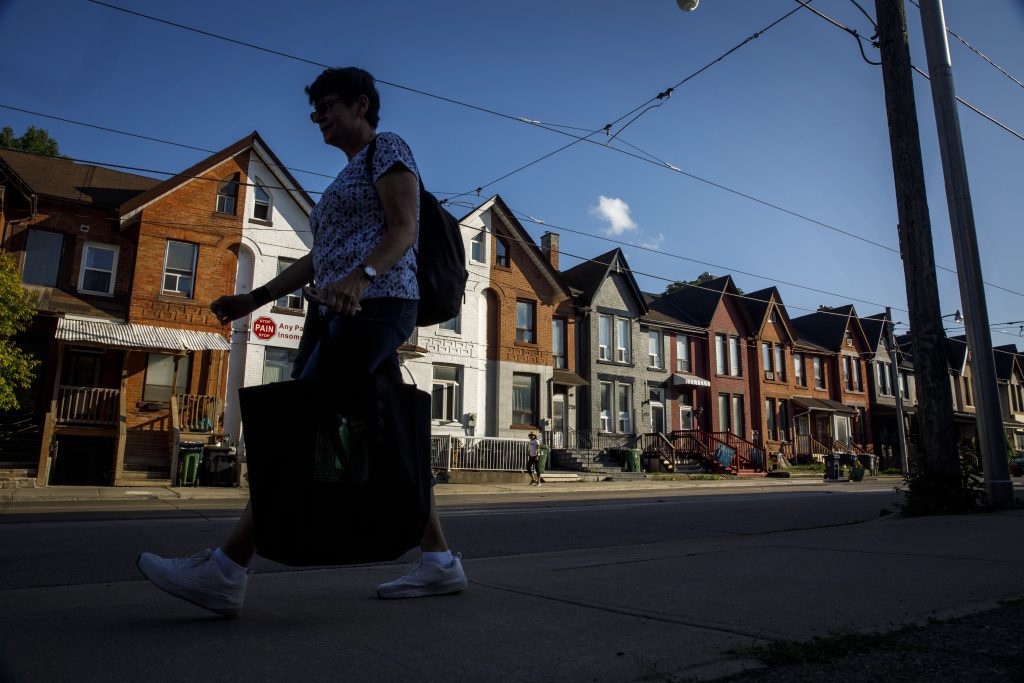Canadians may not reach important financial goals, like owning a home, due to affordability challenges, as noted by Statistics Canada. Statistics Canada sees a series of affordability challenges affecting the youngest generations.
The agency reported that barriers to important life cycle milestones and transitions have intensified in Canada.
The cost of food, high housing prices, and unaffordable rental costs are making it difficult for many households, especially young families, to achieve homeownership dreams. inflationHigh housing prices and unaffordable rental costs are making it hard for many households, especially young families, to achieve the dream of owning a home, according to Statistics Canada.
Young Canadian households, where the main earner is under 35, saw a decrease in their mortgage burden in the third quarter of 2023, possibly due to paying off mortgage debt faster, not buying a home, or opting for more affordable housing.
Statistics Canada said that younger households are starting to turn away from the housing market.
The agency highlighted rising costs for renters, especially younger ones, making homeownership out of reach. Renters are also more likely to face financial difficulties compared with homeowners.
Young Canadians' debt-to-income ratios have improved over the past year, but their debt-servicing ratios have increased significantly due to higher interest rates, according to Statistics Canada.
Young households spent 10 cents per dollar earned on debt last year, up from seven cents a dollar in 2022, as per StatCan.
Young mortgage holders in this age group tend to have the most debt outstanding compared with older generations, according to Statistics Canada.
Statistics Canada mentioned that housing assets make up a disproportionate amount of young Canadians' wealth, exposing this generation to fluctuations in the housing market.
However, it's important to acknowledge the role of homeownership in historically generating wealth.
Young Canadians aged 35 and under saw slower wealth growth in 2023 as their real estate holdings declined as a group, as per StatCan.
Young Canadians are more likely to become homeowners if their parents were homeowners, as indicated in a previous Statistics Canada report.A CIBC research cited by StatCan showed an increasing share of first-time buyers receiving financial gifts to fund their purchase, with the value of these gifts also rising.
If affordability challenges continue, Statistics Canada warns that socio-economic mobility will be limited, widening inequality gaps. A recent RBC report also argued that
Canada’s next wealth divide will be between renters and homeowners. The financial realities of those with limited access to parental support may contribute to heightened inequality, particularly if important sources of wealth accumulation, such as owning a home, are delayed or become inaccessible to larger numbers of young Canadians, according to the StatCan report..
To understand more about getting started in the housing market, take a look at
Global News’ Home School series , which educates Canadians about purchasing a home beyond what they learned in school.Statistics Canada warns that the economic futures of young Canadians could be in danger if the affordability problems causing housing costs and debt to rise continue, according to a new report.





